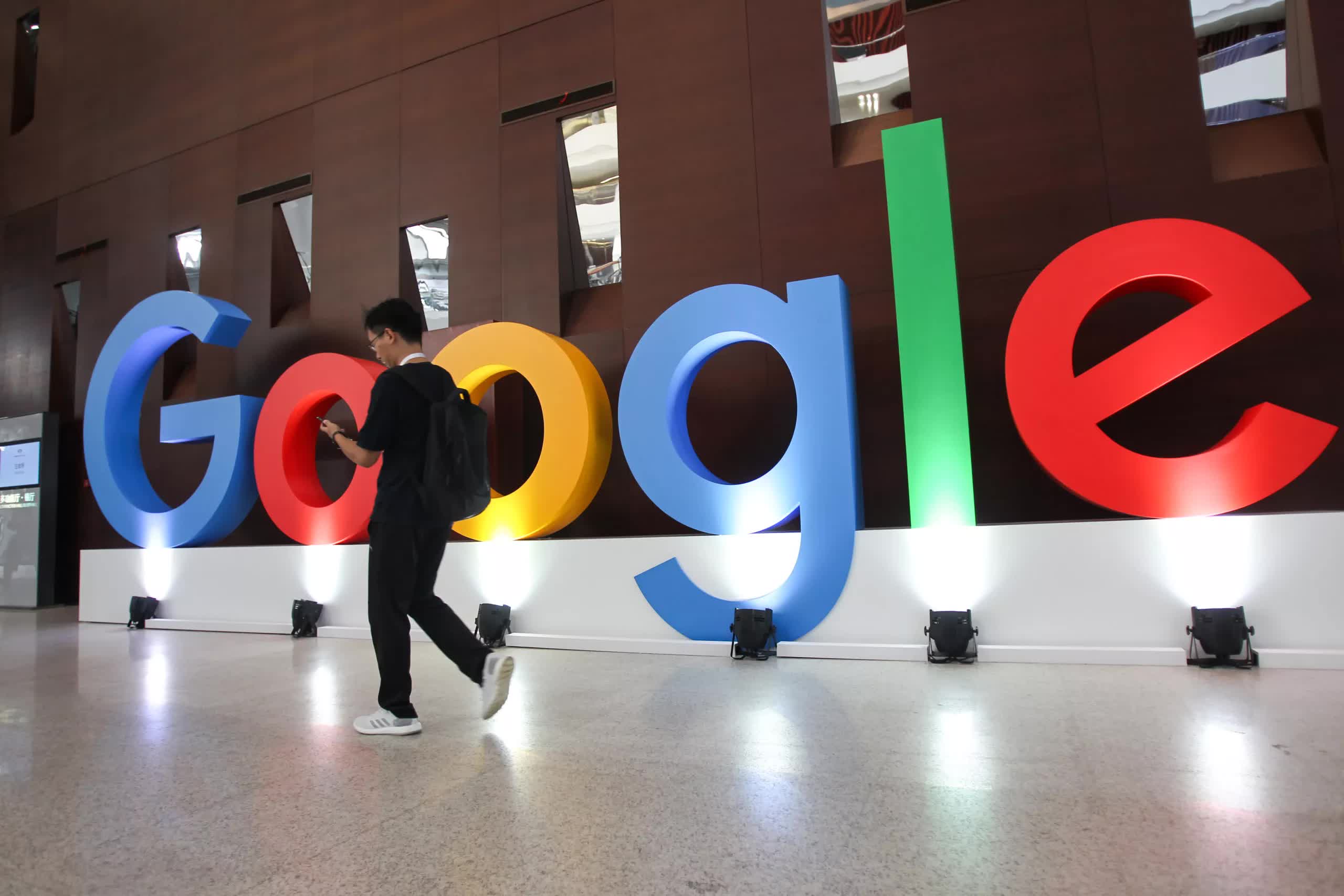Why it matters: The biggest antitrust case in decades might result in a corporate breakup that could fundamentally alter the web browsing and mobile software landscapes. Although the proceedings are far from settled, a report indicates that officials desire a major crackdown on Google.
Confidential sources have told Bloomberg that the Department of Justice will ask a judge to force Google to sell its Chrome browser and unbundle the Android mobile operating system from its device software packages. The search and advertising giant plans to fight the possible decision as next year's remedy hearings approach.
Following a lengthy trial, a US judge in August declared that the company illegally monopolized the search engine market by leveraging its dominant position and paying other tech companies billions to make Google the default search engine on numerous devices. Payments to companies like Apple, Samsung, and Mozilla, totaling over $20 billion annually, edged out smaller rivals like DuckDuckGo and Bing.

The case closely resembles the DOJ's ruling against Microsoft's web browser market dominance in the late 1990s. The department ultimately didn't break up Microsoft, but according to people familiar with this year's case, it might employ the nuclear option against Google.
Antitrust officials also considered forcing a selloff of Android, but will instead recommend a breakup of the mobile software bundle encompassing Android, Google, and the Google Play Store. Unsurprisingly, Google intends to appeal the August decision, claiming that a breakup would harm consumers and developers.

A harsh crackdown would deeply alter the tech world and Google's revenue model. The company controls 80 percent of the search engine market, which feeds its advertising business far more user data than any competitor. According to StatCounter, Google's Chrome browser is also easily the most popular, enjoying a roughly 60 percent market share. Together, the two allow the company to track users' habits across the web.
Finding a buyer for Chrome might prove difficult. The few tech entities that could likely afford the browser already face regulatory scrutiny.
Additionally, Google might be forced to grant websites additional protections from AI data scraping and sell its search engine data without restrictions. Access to the data might allow smaller search engine and AI companies to grow more quickly.
A two-week hearing in April 2025 will determine the required remedies with a final ruling scheduled for August.
